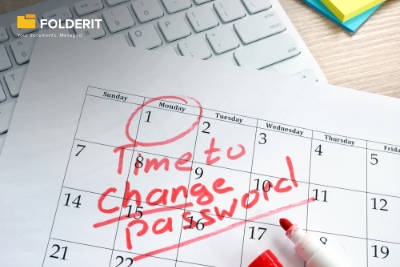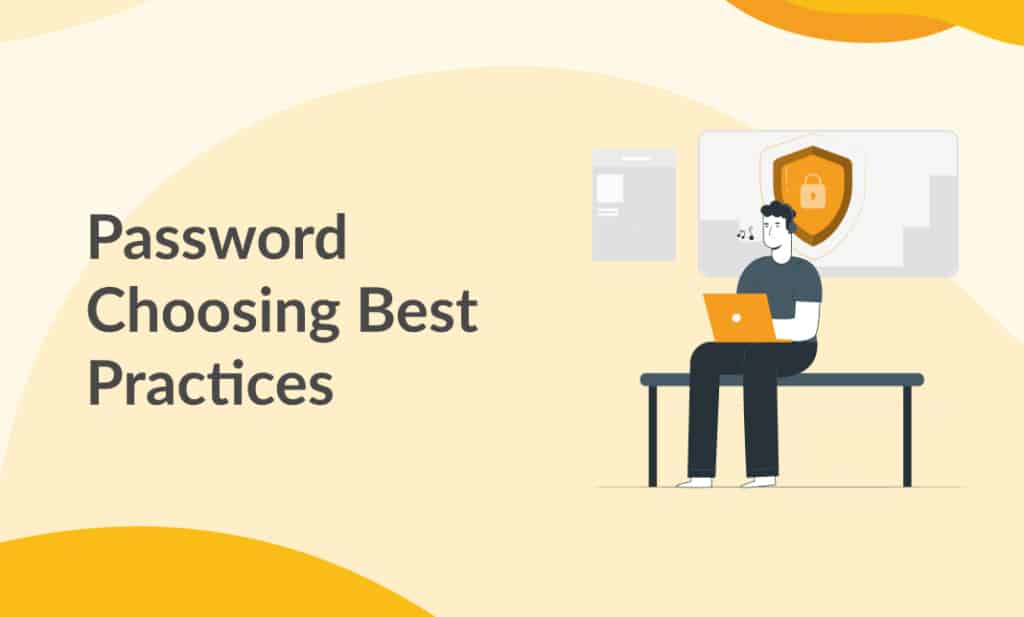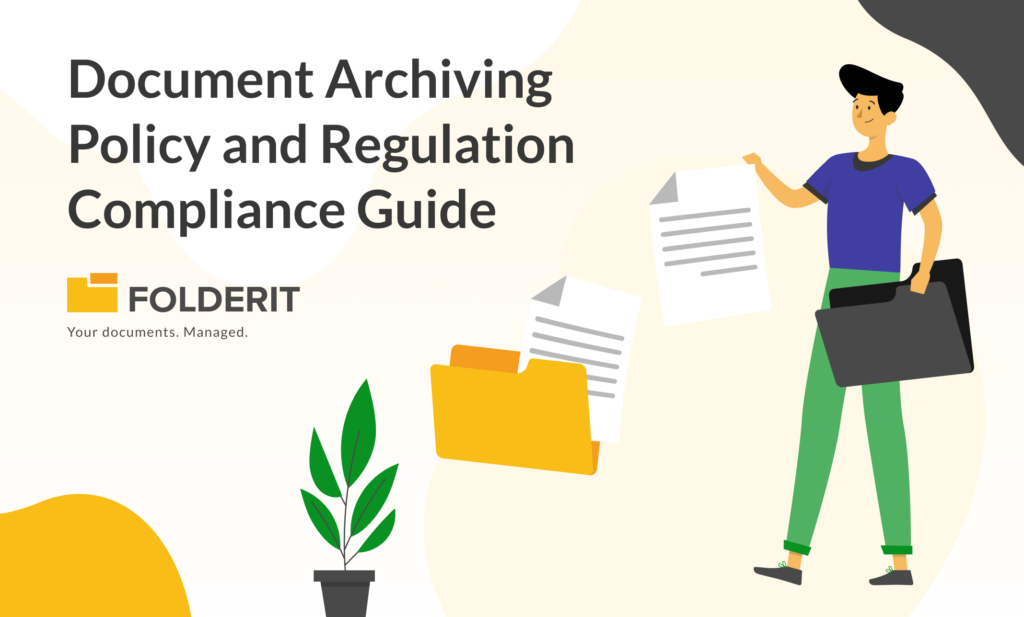There was a time when it was okay to use the easiest-to-remember password, such as your first name or simple words like “password”, qwerty, or even “pizza”. Then hackers came along and a lot of people lost data, money, and privacy online.
According to a Verizon data breach investigation report, 81% of successful data breaches and hacking attempts in 2018 involved weak or stolen passwords. It is therefore critically important to choose the right password and protect it at all costs.
Folderit utilizes encryption and many smart technologies to ensure your data security and privacy, so a weak password would be the weakest link in the chain. In this article, we look at password choosing best practices that benefit you at both personal and enterprise levels.
Why Is It Important to Have a Strong Password?
There is no excuse for having a weak password in today’s risky IT environment. A strong password can be your last line of defense in a hacking attempt. It will be difficult to crack and gain access to your important data. You should always look at your password as the front door to your home in an insecure neighborhood. The more difficult it is for hackers to crack your password the more secure your personal or business data is.
What Makes a Strong Password?
A strong password should obviously be harder to crack but easier to remember. It should ideally have more than 8 characters in length and include numbers, letters, and symbols. To make it even stronger combine both uppercase and lower case letters and symbol characters (! ” # € % & / _ etc).
For many years, most people used a combination of just letters and numbers but hackers finally caught up with the trend and developed brute attack programs capable of breaking simple passwords in a few seconds. Symbols make it harder to crack passwords even with brute attack software.
According to the US National Institute of Standards and Technology (NIST), long passphrases are easier to remember and harder to crack.
Best Password Practices
Here are some of the most important factors to consider when choosing and protecting your strong password:
- Avoid choosing obvious words or phrases for your password such as your first name, qwerty or 123456 in as much as they are easier to remember. Do not use your date of birth or even your child’s birth date as this is information a hacker can easily access.
- In this age and time, dictionary words are the easiest to crack using software programs that can search through hundreds of thousands of dictionary words in a few minutes. Use random words combined with numbers and symbols.
- Do not use the same password for all your online accounts. It is quite tempting to use the same password for everything, especially if you tend to forget things easily but keep in mind that it will only take a hacker one successful attempt to access all of your accounts.
How Often Should You Change Your Password?

The Better Business Bureau (BBB) recommends that you should change your password every 30 days or after each month. You may want to retain the same password for years to avoid forgetting it and locking yourself out of your accounts but it is good practice to enhance your personal and business accounts’ security by changing passwords frequently.
There are times when you absolutely must change your password. For instance, if you fire a disgruntled employee who had access to your business accounts or if you lose your mobile device or laptop, you’ll need to make the necessary changes immediately. In Folderit you can of course just cut off their access to your resources, so efen if they still have their login credentials and can log in, they are unable to see any fo your data.
A strong password can make a huge difference in a data hacking attempt. Folderit allows you to enforce your own company’s password poilicies if you need, see here https://www.folderit.com/knowledge-base/password-policy/



